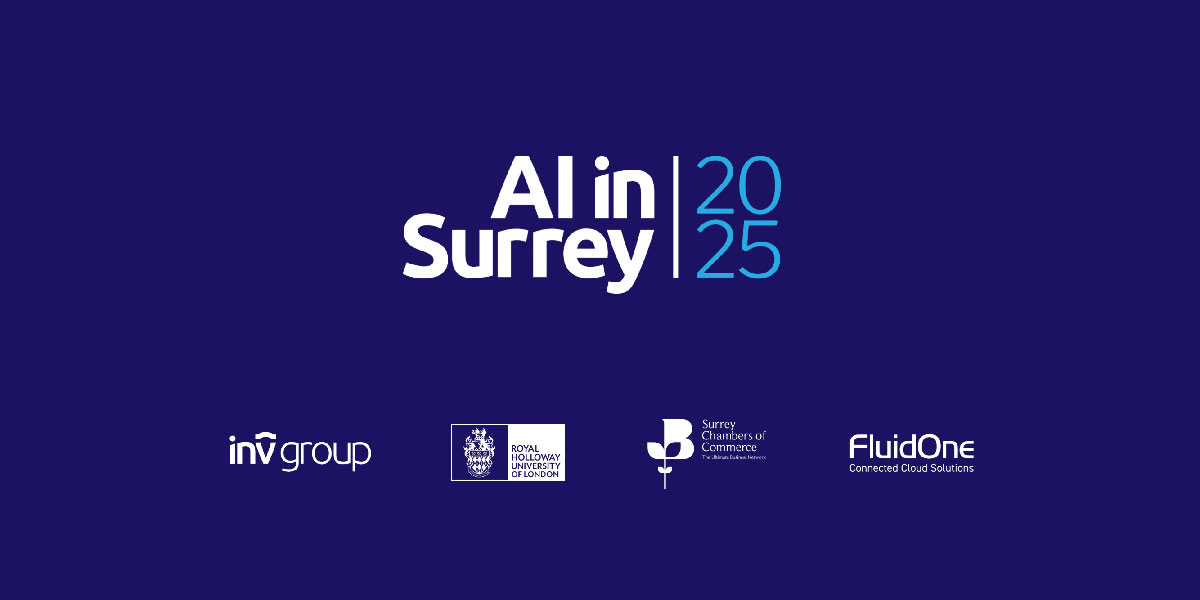In setting up the new INDEX team at the University of Exeter, we very much see ourselves as a startup. A startup inside a big corporation. That means several important concrete things to us. One of them is that we live and work like a startup. So inevitably we needed to deal with the question of where we do our work. For many startups today the answer is now is an easy one: WeWork.
WeWork has quickly positioned itself as the leader in “space-as-service” for startups, scaleups, and any organization looking to find working office space quickly and flexibly. Take a look at their original investor pitch deck, and you get a great sense of what they are about. Not just the concept. But the hard reality of the kind of numbers behind the business model that makes this work.
And boy does it work. It seems like WeWork is buying up half the available office space in London (and I am sure elsewhere). It has become a primary meeting hub for businesses of all kinds. The convenience and hipster vibe they have created has appeal for many people. But does WeWork really work?
I am starting to hear more dissatisfaction with this model. “No better than going to Starbucks for meetings….maybe worse!” was one comment. What seems to be the trouble? At least 3 things:
- The value of concentration and isolation is coming back into fashion. The hubbub of WeWork has an initial appeal. Comings and goings. Radon meetings in the kitchen area. Lots going on. But is that really how we want to spend large parts of the workday? For many of us, we need some focus. And finding that is hard.
- Flexibility is expensive. If you want a WeWork office space in London it will cost you. A lot. The ballpark I have seen is £1k per desk per month. If you’re a 5 person team, then laying out £5k a month adds up to a big bill when you are likely not bringing in much revenue and on a tight budget.
- The corporates have moved in. Partly as a consequence of the price tag, the larger organisations are starting to occupy large parts of WeWork offices. Many of these organisations are based in faceless industrial estates several miles from the nearest facilities and surrounded by roads choked with traffic making the daily commute a chore. Attracting young talent is easier with a hip new office space in the centre of London. Helps recruitment and senior managers increase their “innovation profile” with the stroke of a pen. And the IT works. Money well spent.
For us, it is an easy option. As a distributed team we gain a base where we can come together to meet. We shake up the corporate culture in our parent organisation by trying something out of their normal comfort zone. And we get to hang out with a wide variety of new businesses where we can open a small window into the capabilities and culture of the digital startup world.
It remains to be seen how this will work, or how long out patience with the WeWork environment will last. Well, if nothing else, at least for now there is free beer.





